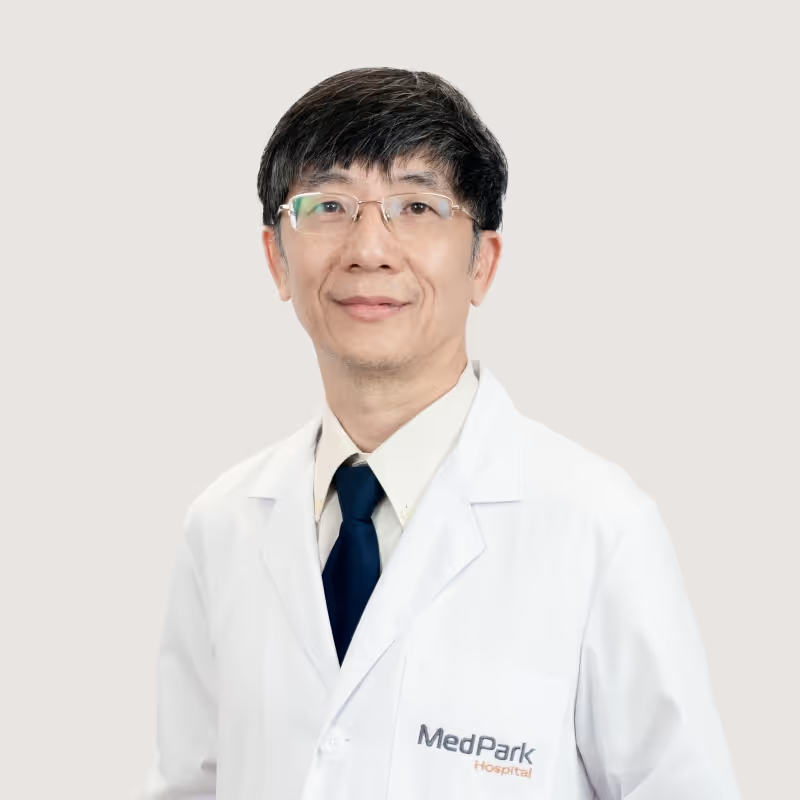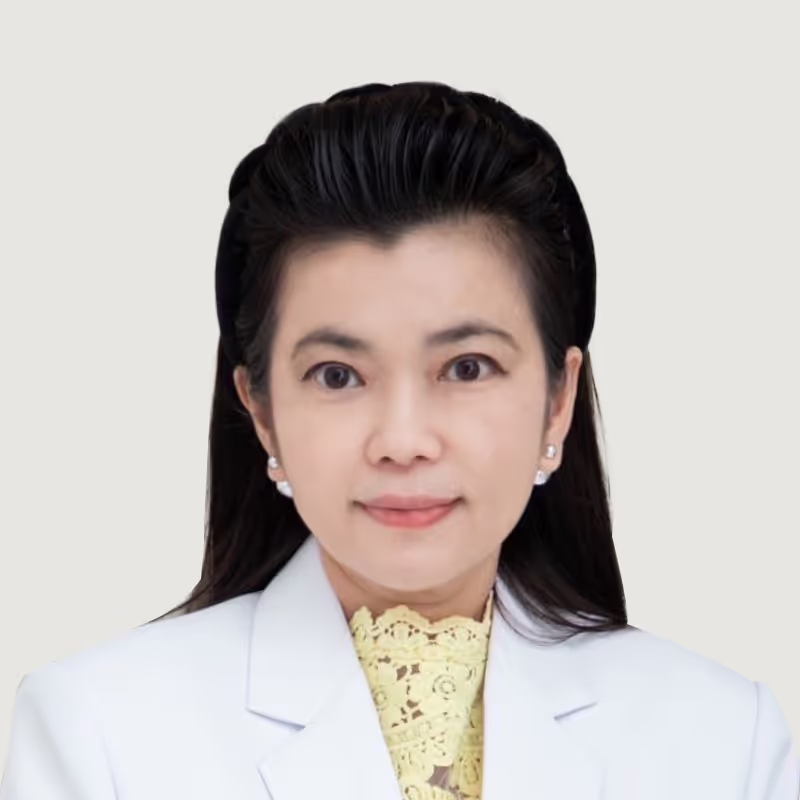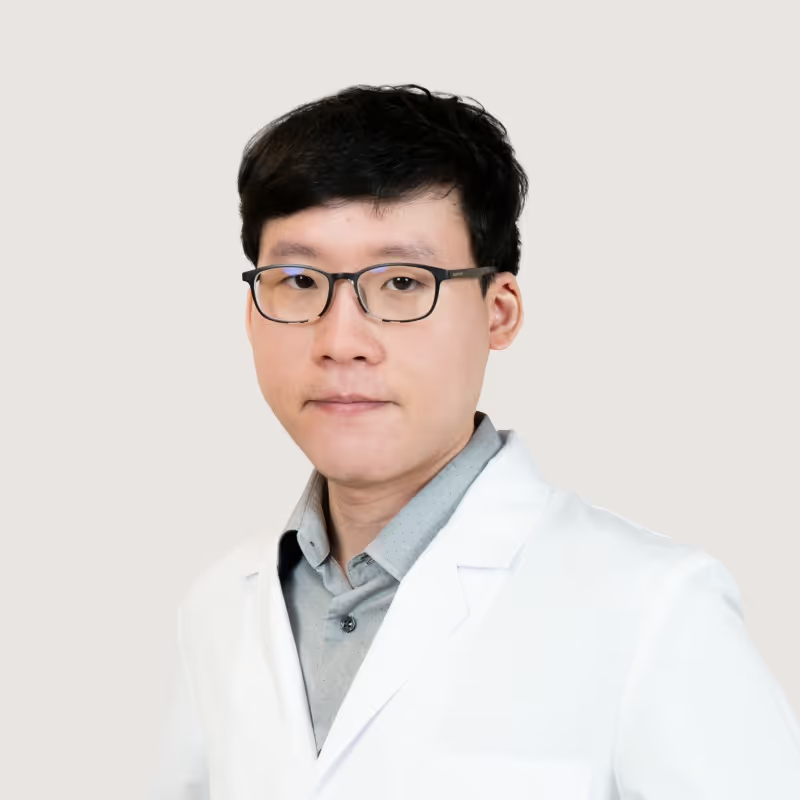Low-Iodine Diet: A Guide for Patients Preparing for Radioactive Iodine-131 Treatment
What is a low-iodine diet? A low-iodine diet restricts daily iodine intake to less than 50 micrograms to enhance radioactive iodine (I-131) absorption. I-131 is commonly used to treat thyroid cancer and hyperthyroidism.
Patients should strictly follow a low-iodine diet for 1 to 2 weeks before undergoing I-131 therapy and continue the diet for an additional 5 to 7 days after treatment.
Foods to Avoid
To limit iodine intake, patients should avoid the following foods and products:
- Foods and Seasonings High in Iodine
- Iodized salt.
- Seafood and sea-based products such as seaweed, squid, shrimp, and dried fish.
- Seasonings and sauces containing iodine, e.g., fish sauce, oyster sauce, light soy sauce, seasoning sauces, sukiyaki sauce, chicken dipping sauce, tomato sauce, shrimp paste, and fermented fish sauce.
- Dairy and Egg Products
- Milk and all dairy products such as cheese, yogurt, butter, and ice cream.
- Egg yolks and foods containing eggs or iodized eggs.
- Chocolate containing dairy.
- Processed Foods
- All types of processed meat, such as sausages, ham, and pork rolls.
- Fermented foods, dried foods, canned foods, and instant noodles.
- Bread and bakery containing milk, eggs, or iodized ingredients.
- Soy and soy products such as tofu, soy milk, and soy powder
Medications and Supplements to Avoid
- Multivitamins or dietary supplements containing iodine.
- Cod liver oil.
- Some medications contain iodine, such as a brown mixture. Please consult a doctor before discontinuing any medication.
- Herbal medicines with unknown ingredients. Should be avoided or checked with a physician.
Additional Recommendations
- Carefully read food labels and dietary supplement ingredients. Pay close attention to the components and avoid products that contain iodine.
- Consult your physician or a registered dietitian for personalized guidance on following a low-iodine diet tailored to your needs.
If you have any enquiries, contact the Nuclear Medicine Department on the 6th Floor, zone A. Tel. 02-0903079, 8 am – 4 pm, or e-mail nuclearmedicine@medparkhospital.com




